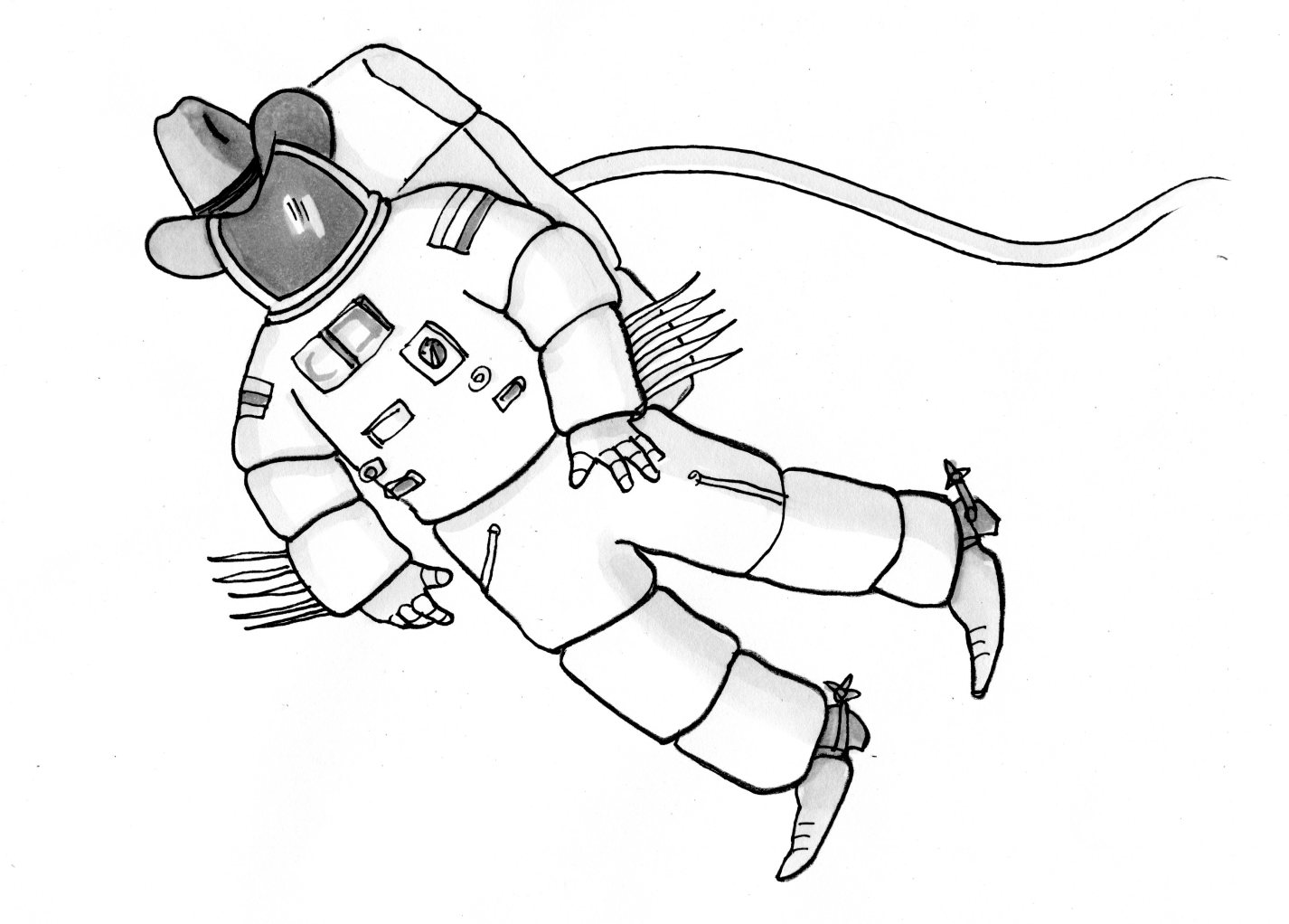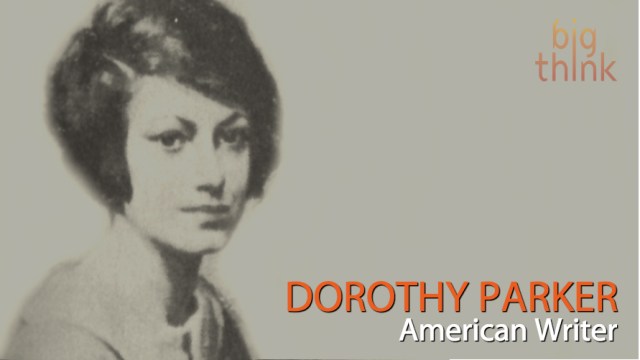Is The ‘Tragedy of The Commons’ a Myth?

We are ill-fated idiots. That’s what some “rationalists” believe. An ancient Greek origin myth can avert this modern tragedy of reason (a sub-natural view of rationality risks making ancient idiots of us).
1. The myth of Prometheus, who stole fire from the gods, also describes human origins. For our ancestors, “every act was without knowledge,” until Prometheus brought his illicit gifts. His name means “fore-thinker,” a capacity “every human skill” needs. Hence Prometheus was “teacher in every art” (“art” in ancient Greek = “techne” = root of technique & technology).
2. An un-human “logic” drives Garrett Hardin’s “tragedy of the commons.” He coined that term for the overexploitation of common resources: whereby “rational beings each … seeking to maximize his gain,” cause collective disaster by damaging what they all depend on. But that’s not fate; it’s a tragedy of poor thinking, by “elite” reasoners blind to simple solutions.
3. Elinor Ostrom won a Nobel Prize for showing how groups overcome Hardin’s hurdle. But her work isn’t known enough (pre-Nobel even to economists). Even without Nobel-level smarts it’s clear our survival has long required management of joint resources (e.g., we’ve punished exploiters/free riders likely for ~ 10,000 generations).
4. Hardin claimed “no technical solution” existed; it’d take an “extension in morality.” His framing of the moral as distinct from the rational/technical illustrates how often those words are misunderstood. Morals are simply social coordination rules. They can be rational (encoding the logic of team survival).
5. Allowing foreseeably bad outcomes isn’t rational. Yet a supposedly rational, economistic “logic” can encourage precisely that (e.g., Prisoners Dilemmas). Hardin later spoke of a “tragedy of freedom in a commons,” pinpointing that the problem isn’t “the commons”; it’s excessive “freedom.”
6. No community can allow freedom to create foreseeable collective doom. Damaging what you depend on risks self-destruction. Cultures with self-undermining forms of “rationality” and freedom don’t survive. That’s their common tragedy (the inescapable fate of their “logic”).
7. In Plato’s version, Prometheus gave “scattered isolated” humans “political techne” — the skill of creating cities (“pol” in politics comes from “polis” = city). Without community, humans (self-deficient by nature) couldn’t prosper.
8. The political (social coordination) arts should prevent us from being idiots. In ancient Greek, “idios” meant “private.” It was deemed crazy and irrational to live only for private interests. Sustainable self-interest (rightly understood) requires healthy communities.
We’d be idiots now to ignore that we evolved relational rationality and social coordination rules based on justice. They’re our greatest evolutionary gift. Darwin called any person without them a most “unnatural monster.” Think better or bitter fates await.
Illustration by Julia Suits, The New Yorker Cartoonist & author of The Extraordinary Catalog of Peculiar Inventions.





